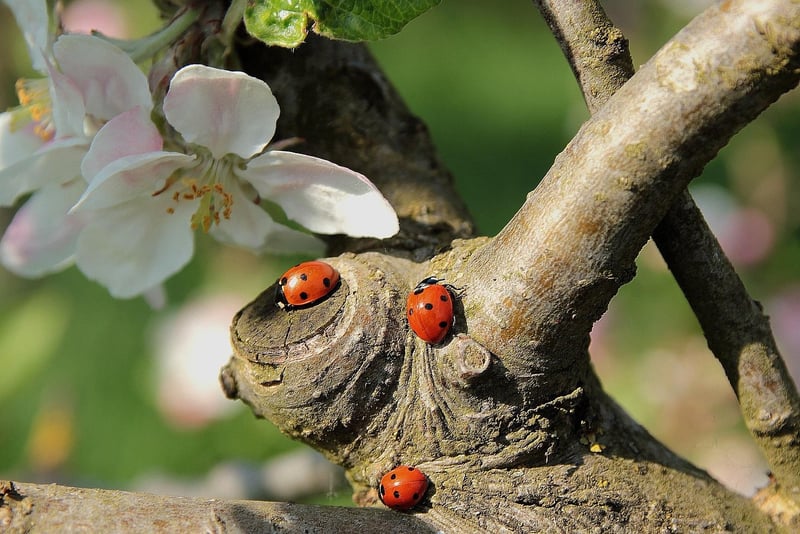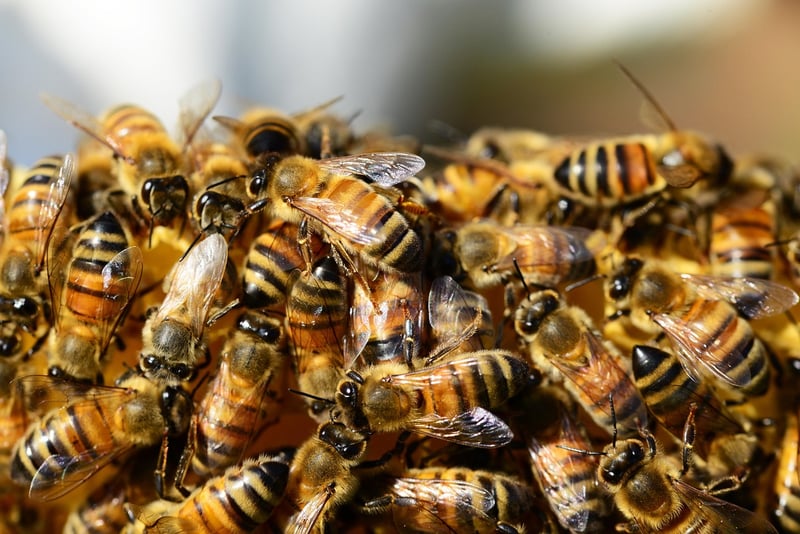Beneficial Insects
Managing Garden Pests and Beneficial Insects
Having a thriving garden requires more than just planting seeds and watering. Dealing with garden pests is a common challenge for many gardeners, but there are effective ways to manage them while also encouraging beneficial insects that can help maintain a healthy balance in your garden ecosystem.
Garden Pests
Garden pests can wreak havoc on your plants, causing damage and reducing yields. Common garden pests include aphids, caterpillars, snails, and slugs. Here are some eco-friendly methods to manage garden pests:
- Hand picking: Inspect your plants regularly and remove any pests by hand.
- Neem oil: Use neem oil spray as a natural insecticide.
- Companion planting: Planting certain herbs and flowers can help repel pests.
- Organic pesticides: Use organic pesticides sparingly and as a last resort.
Beneficial Insects
Beneficial insects are nature's own pest control agents. By attracting and supporting beneficial insects in your garden, you can reduce the need for harmful pesticides. Some common beneficial insects include ladybugs, lacewings, and bees.
Here are some ways to attract beneficial insects to your garden:
- Plant native flowers: Native plants attract beneficial insects and provide them with food and shelter.
- Reduce pesticide use: Minimize the use of pesticides to protect beneficial insects.
- Install insect hotels: Create habitats for beneficial insects to nest and reproduce.
- Provide water sources: Set up shallow dishes with water for beneficial insects to drink.
Conclusion
By implementing these strategies, you can effectively manage garden pests while promoting the presence of beneficial insects in your garden. Maintaining a healthy balance between pests and beneficial insects is key to a successful and sustainable garden.
Remember, a diverse and thriving ecosystem in your garden is not only beneficial for your plants but also for the environment as a whole.


